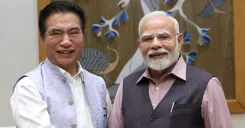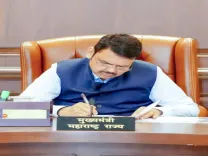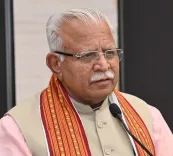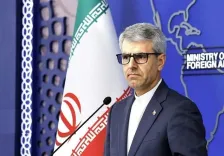Did the SC Uphold the Ban on SIMI?
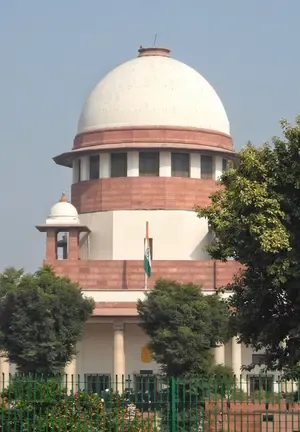
Synopsis
Key Takeaways
- Supreme Court dismisses plea against SIMI ban.
- Ban extended for five years by Union Home Ministry.
- SIMI linked to terrorism and communal unrest.
- Legal challenges to such bans are scrutinized for admissibility.
- Government prioritizes national security over extremist threats.
New Delhi, July 14 (NationPress) The Supreme Court has once again declined to consider a petition contesting the ruling of the Unlawful Activities (Prevention) Tribunal, which confirmed the continuation of the ban on the Students Islamic Movement of India (SIMI).
A Bench comprising Justices Vikram Nath and Sandeep Mehta raised concerns regarding the admissibility of the special leave petition (SLP) filed by Humam Ahmad Siddiqui, a former member of the now-banned organization.
“What is your purpose here (Siddiqui)? Let the organization present itself!” questioned the Justice Nath-led Bench, challenging the legal standing of the petitioner.
Ultimately, the special leave petition (SLP) challenging the tribunal's decision reaffirming the ban on SIMI under the Unlawful Activities (Prevention) Act was dismissed.
In a notification dated January 29, 2024, the Union Home Ministry announced a five-year extension of the ban on SIMI, citing its role in “fomenting terrorism and disrupting peace and communal harmony, which threaten the sovereignty, security, and integrity of India.”
“The prohibition on SIMI has been enacted under Section 3(1) of the Unlawful Activities (Prevention) Act (UAPA) 1967 for an additional five years,” stated the Union Ministry of Home Affairs.
A tribunal was later formed to assess whether there were adequate grounds to label SIMI as an unlawful entity.
Highlighting connections to ISIS among various factors, the Unlawful Activities (Prevention) Tribunal, chaired by Delhi High Court Judge Justice Purushaindra Kumar Kaurav, issued an order affirming the ban on SIMI.
Founded in 1977 at Aligarh Muslim University, SIMI was initially banned in 2001 in the aftermath of the 9/11 attacks in the United States, with the prohibition being renewed periodically since then.
Numerous criminal cases have been filed against SIMI and its affiliates under penal statutes, including the UAPA.

